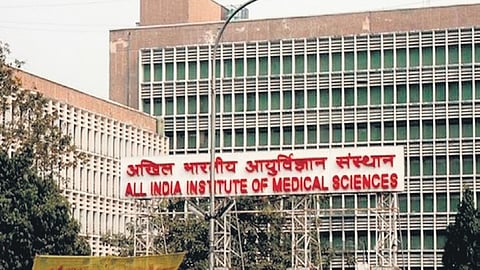

NEW DELHI: All India Institute of Medical Sciences (AIIMS) has issued an urgent advisory to its staff and patients following a surge in cyber phishing attempts impersonating government ministries, departments, and also as AIIMS faculty members.
The fraudulent emails, designed to appear as legitimate communications from entities such as Delhi Police, the Ministry of Home Affairs, or AIIMS staff, aim to deceive recipients.
Often they lead them to divulge sensitive information, facilitate financial fraud, or compromise on personal security, the institute said.
In its advisory, AIIMS revealed that patients have also been targeted with fake emails, purportedly sent on behalf of AIIMS faculty members, requesting appointments, confirmations, or payments.
These emails, the advisory warned, are part of a malicious phishing scheme orchestrated by impersonators.
AIIMS has urged everyone to exercise heightened vigilance and adopt measures to protect themselves against such attacks.
The advisory emphasized the importance of verifying email addresses carefully, even if the sender appears to be from a trusted source.
Many fraudulent emails often include subtle alterations in addresses or exhibit spelling errors and poor formatting.
Staff and patients have been advised to confirm the legitimacy of any communication directly with the concerned person or organization, especially before undertaking any financial transactions.
AIIMS also cautioned against clicking suspicious links or attachments and urged recipients to avoid sharing confidential information, such as passwords or bank details, over email.
If a message demands urgent action or threatens consequences like fines or arrests, recipients are encouraged to cross-check its authenticity with official sources.
The institution advised reporting any suspicious emails to cybercrime authorities via the official portal, cybercrime.gov.in, or the helpline number 1930.
Additionally, it recommended enabling multi-factor authentication (MFA) for both official and personal email accounts to provide an extra layer of protection against unauthorized access.
Highlighting the risk of social engineering tactics used by impersonators, AIIMS urged caution when dealing with unsolicited requests for assistance or information, especially those that claim urgency or confidentiality.